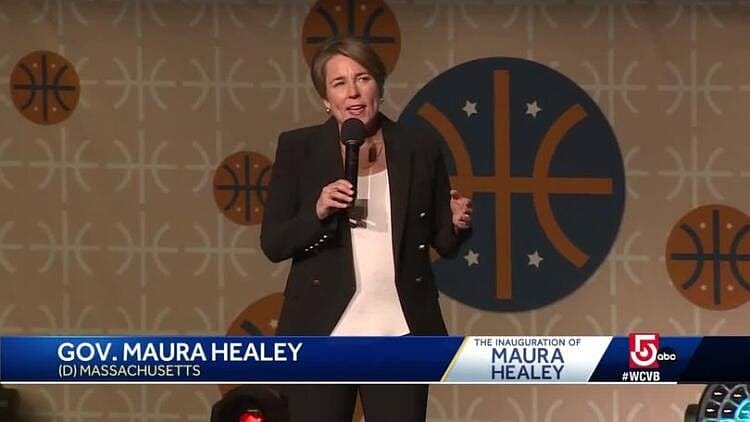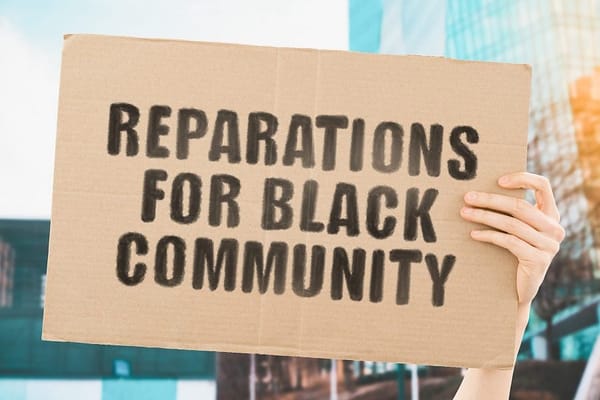Five Pieces of Pork In Maura Healey’s Proposed Fiscal Year 2025 Budget For Massachusetts

Massachusetts Governor Maura Healey proposed a state budget this week, clocking in at $58 billion.
It's not the final budget. That will have to be approved by the Massachusetts Legislature and will come replete with its own set of local pork projects. But even the budget Healey proposed is fiscally irresponsible.

